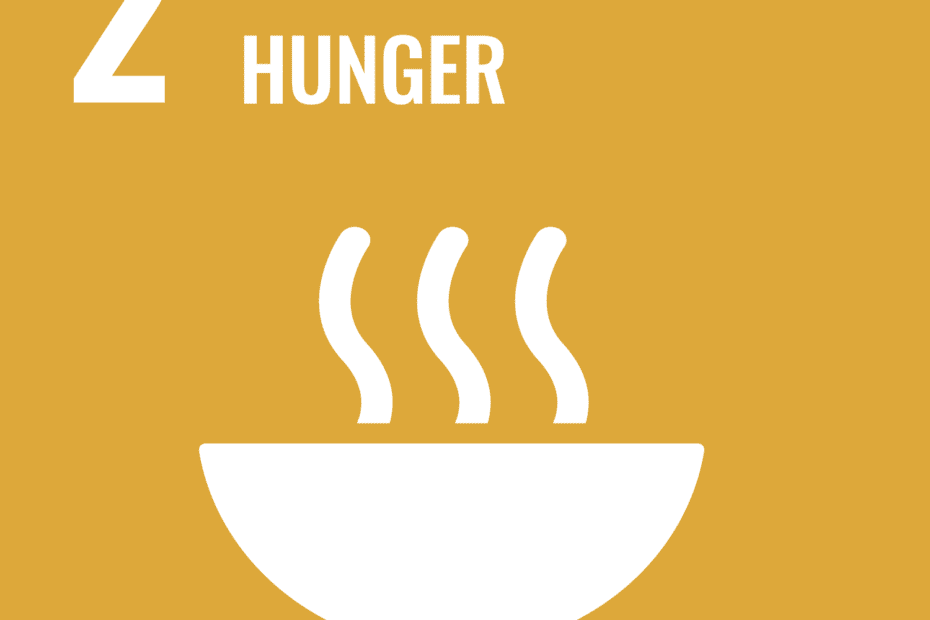Hunger isn’t just about food scarcity; it’s a complex issue intertwined with conflict, climate change, and economic disparities. Here are three actionable solutions we can implement to move towards a world free from hunger:
-
Empowering Local Agriculture: Posts from @WFP and @FAO highlight the importance of supporting smallholder farmers. By investing in climate-smart agriculture and local farming initiatives, like beekeeping in Uganda or drought-resistant crops in South Sudan, we can enhance food security at grassroots levels. This not only increases local food production but also builds community resilience against climate shocks.
-
Innovative Food Distribution and Nutrition: Organizations like Action Against Hunger focus on treating and preventing malnutrition, especially in children, through community-based programs. Expanding these efforts globally could mean equipping more local health workers with the tools to manage severe acute malnutrition directly within communities. Additionally, promoting nutrition-rich, locally sustainable diets can combat the dual burden of undernutrition and obesity.
-
Global Policy and Trade Reforms: The Sustainable Development Goals (SDGs) and insights from discussions around food sovereignty suggest that correcting trade restrictions and distortions in agricultural markets is crucial. This includes eliminating export subsidies that favor wealthier nations, ensuring fair trade practices, and supporting countries to build self-sustaining agricultural economies. Such reforms would enable countries to better feed their populations without depending solely on international aid.
Let’s commit to these solutions. Ending hunger requires global cooperation, innovation in agriculture, and policy changes that prioritize food security and nutrition for all.
